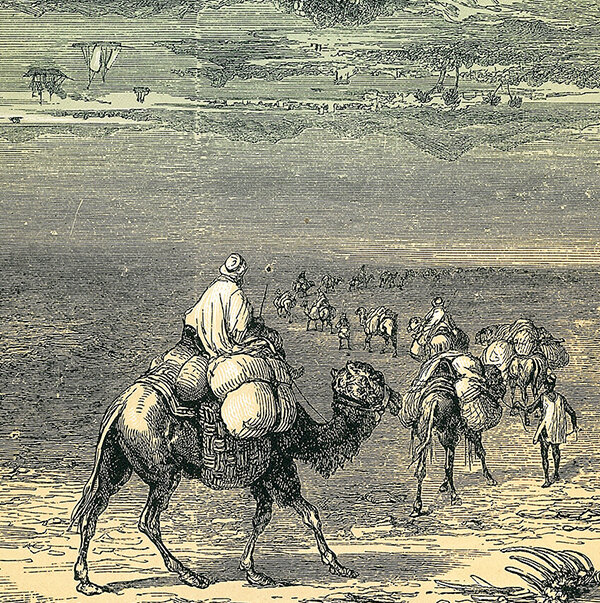About the Portico
One of Manchester’s longest-running institutions, the Portico is a subscription library and newsroom whose historic collection of over 25,000 books and archives spans over 450 years.
Alongside our members’ services, everyone is welcome to enjoy our free exhibitions; take part in our events and workshops; dine in our cafe (Monday - Friday); discover our history; and immerse themselves in our beautiful Regency-period building.
Find out more about our history and our future below.
219 years old
Open to all
25,000+ books
Our Mission, Vision and Values
Our mission is to work with Manchester’s diverse communities and visitors to explore, share, and celebrate their stories and the city’s literary and global heritage.
Our vision is to be the most accessible, sustainable, and dynamic historic library, where past, present, and future are unlocked through creativity and collaboration.
Our values are to be:
● Welcoming to all: reflecting our city
● Creative: promoting curiosity
● Equitable: reading the past to improve the present
● Collaborative: community making










